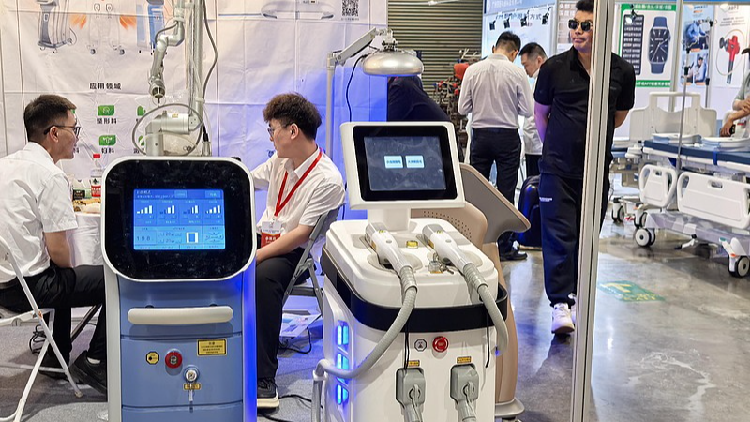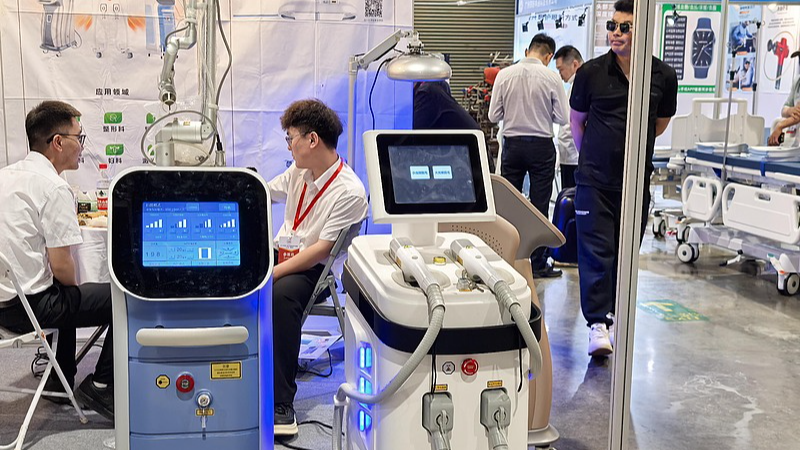China Chamber Slams EU for Discriminatory Restrictions on Medical Device Companies
China's Chamber of Commerce in the EU condemns EU ban on Chinese firms bidding for major medical device contracts exceeding €5 million.


The China Chamber of Commerce to the EU (CCCEU) issued a strong condemnation on Monday following a move by European Union member states to restrict Chinese companies from participating in public procurement tenders for medical devices valued over 5 million euros, equivalent to approximately $5.72 million. This restriction, enacted under the bloc's International Procurement Instrument (IPI), is set to remain in effect for a five-year period and specifically targets Chinese firms in the sector.
In its statement, the CCCEU expressed profound disappointment and serious concern over what it described as a discriminatory and targeted application of the IPI. The chamber emphasized that such measures send a troubling signal regarding the EU's commitment to openness, fairness, and non-discrimination in market access—principles that have long underpinned efforts to foster cooperation between China and Europe.
The IPI, introduced by the EU in 2022, was designed to promote "market reciprocity" in public procurement, but the CCCEU contended that its use against Chinese enterprises fails to take into account both historical and practical realities. According to the chamber, European medical device firms have enjoyed broad and sustained access to China's market, benefiting from opportunities that reflect balanced engagement and mutual benefit. The latest EU decision, it argued, ignores these facts and introduces new complexity into already delicate China-EU economic relations.
The chamber also raised alarms about a broader trend of rising protectionism, highlighting recent examples of unilateral tariff measures adopted by some countries that have disrupted global trade flows. The CCCEU called on both China and the EU—described as two major global economies—to work together in defending free trade and reinforcing multilateral cooperation, rather than escalating tensions through unilateral policy instruments that function as de facto trade barriers.
Pointing to the compliance and positive contributions of Chinese enterprises operating in the EU, the chamber stated that these firms have consistently adhered to laws and regulations while investing in local communities, advancing technology, and creating jobs across the continent.
As part of its response, the CCCEU urged European policymakers to reconsider both the necessity and the potential long-term consequences of the IPI restrictions. The chamber cautioned that such measures risk undermining not only bilateral economic interests but also broader global recovery efforts, at a time when international cooperation is needed most.




